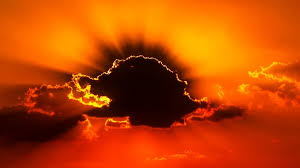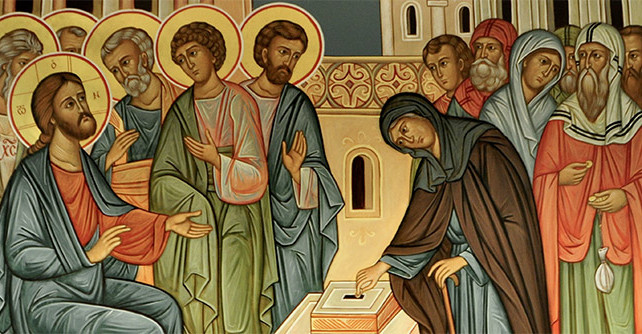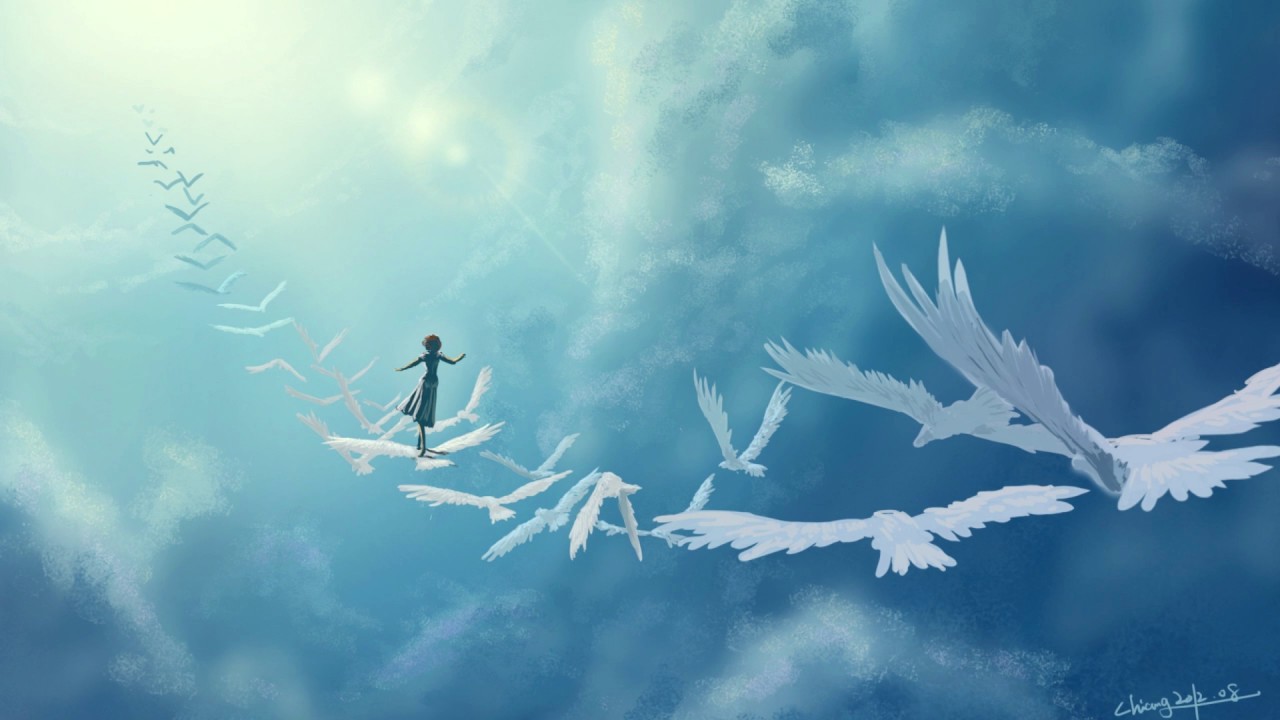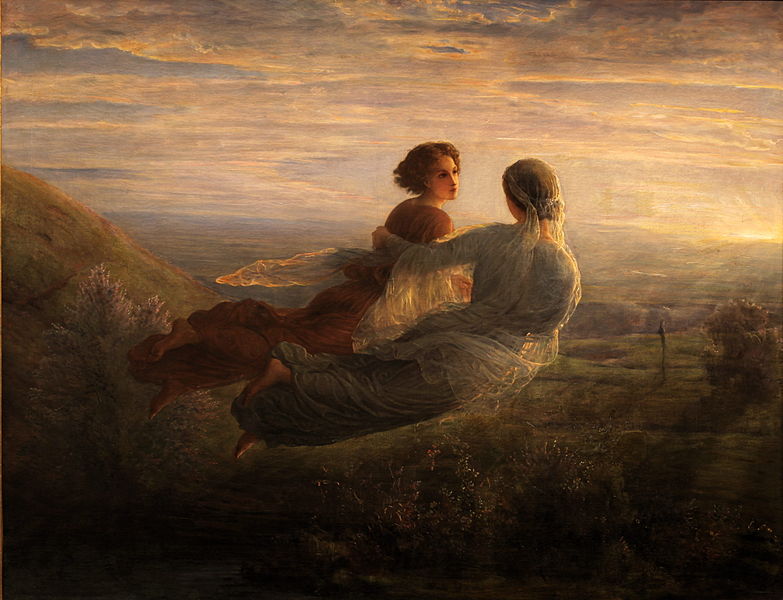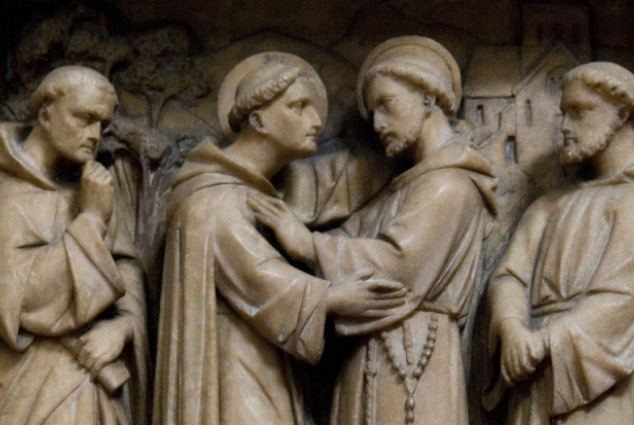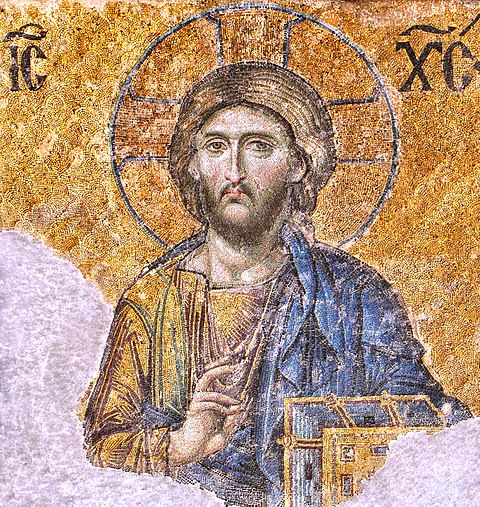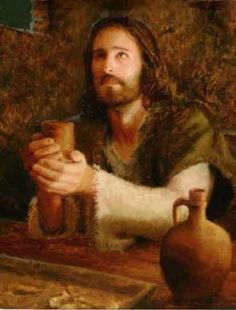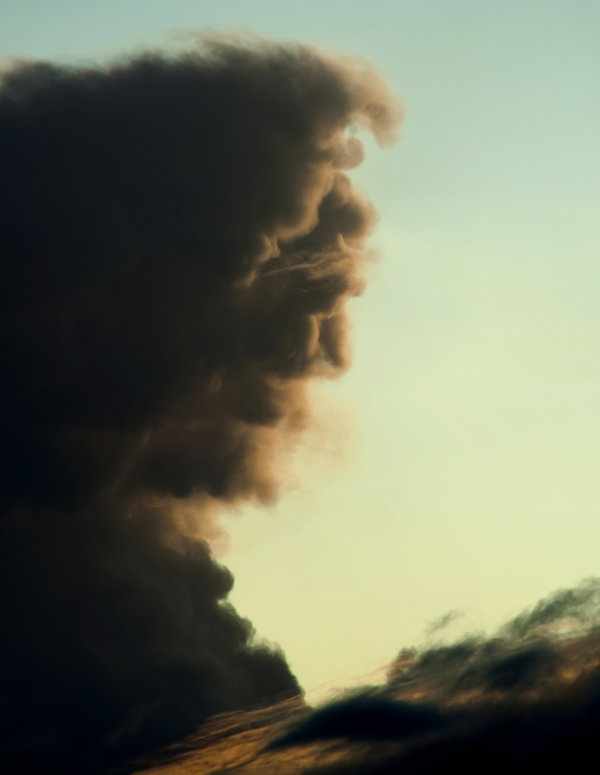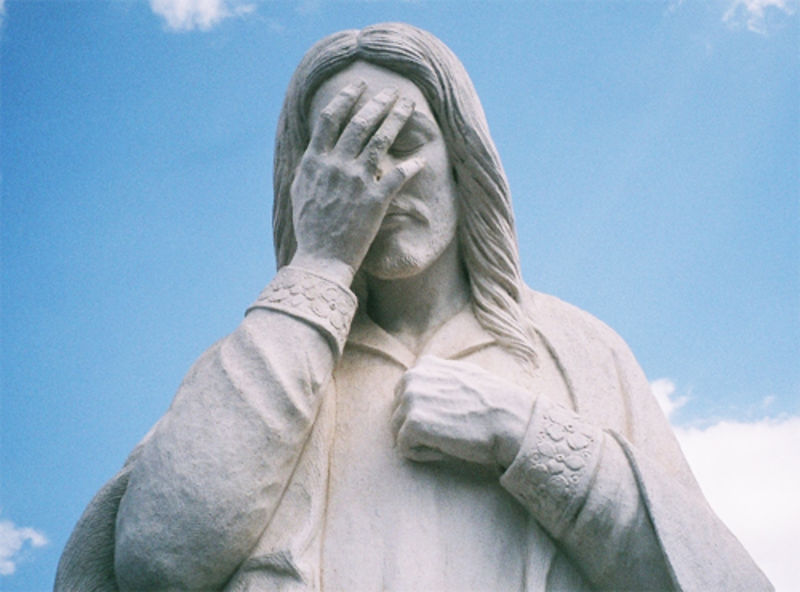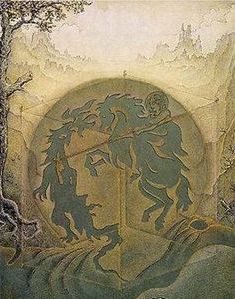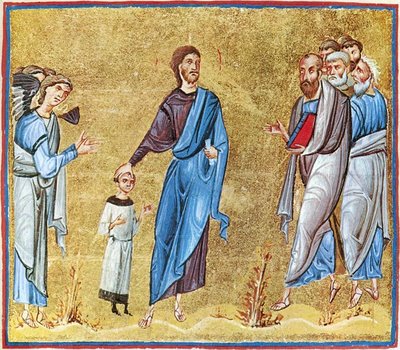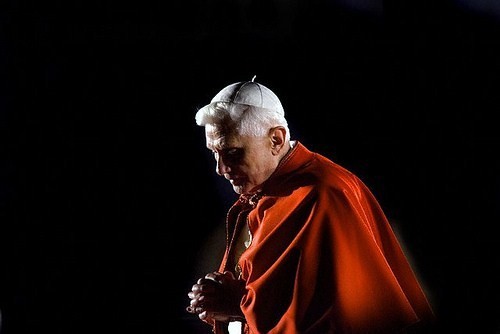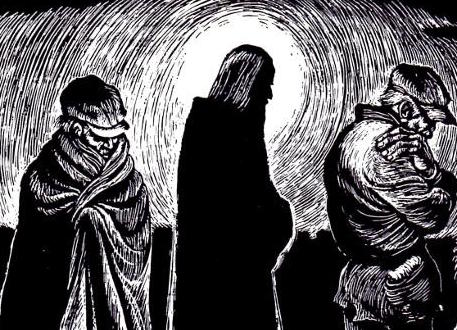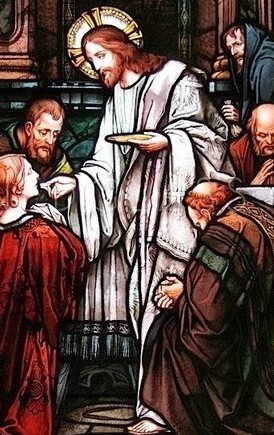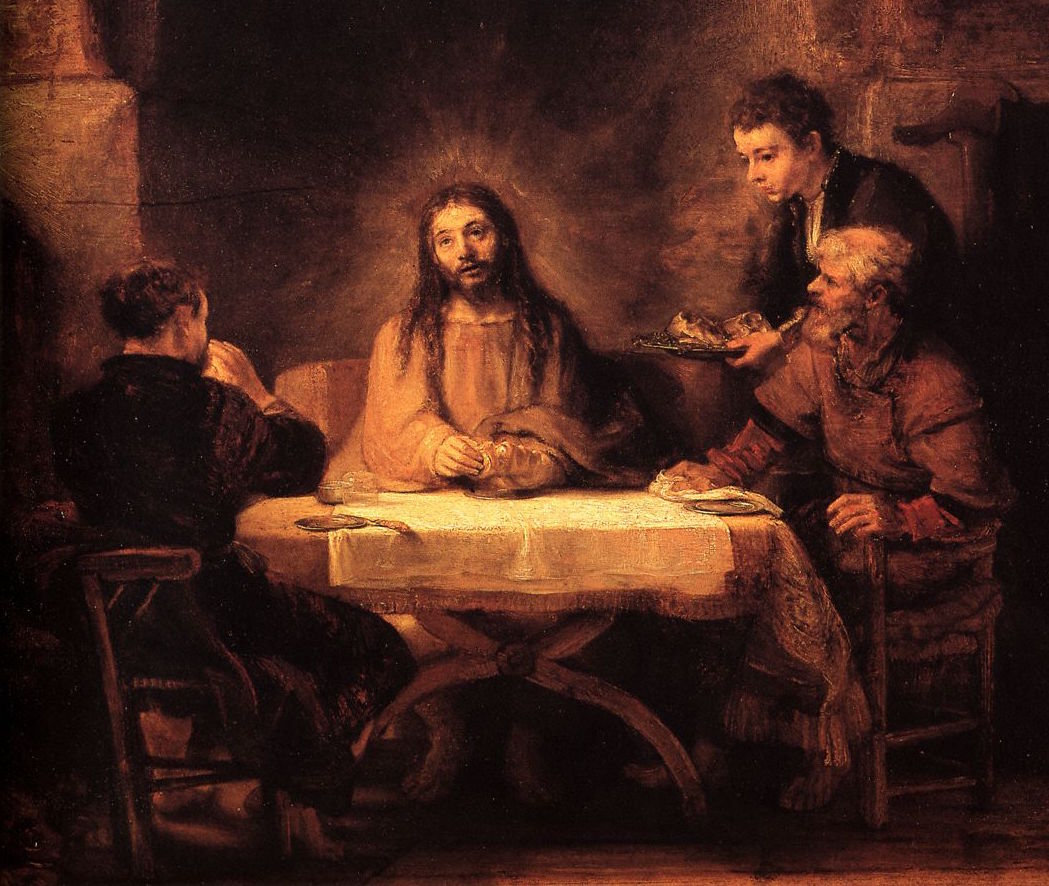

"What must I do to have life?" Not this all-too-brief life, only a taste. But real life ... unblemished by disease and death. What must I do?! Is there a greater question found in the Scriptures within the scope of private, human lives? Our Gospel reading (Mt 19:16-26) suggests that there is one thing. But where is it?! What is it?! Well, .... unfortunately three great earthquakes have buried this priceless pearl under a field of ruin. The first earthquake, a millennium after the Advent of Christ; the next a half-a-millennium later; and the third, a half-a-millennium after that. The Apostles and Fathers had done everything in their power to hold back these deadly forces ... but to no avail. We must come to terms with these earthquakes, or we shall never have eternal life.
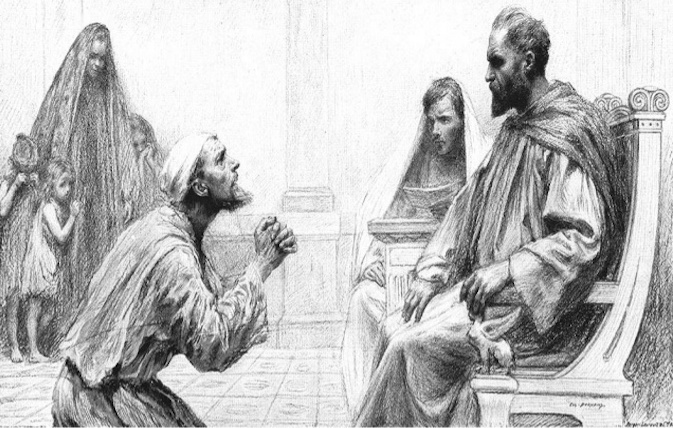
We are brought to the crossroads this morning — the place where we must decide who we are, what are we doing, what finally matters. The Parable of the Unmerciful Servant brings a man to a terrible reckoning. Jesus' (obviously stylized) tale describes a man being asked to pay a-quarter-trillion-dollar debt (in today's money) .... that is, "the unpayable debt." If he should fail, he will be handed over to jailers ("torturers" another translation reads). In our Epistle lesson, St. Paul considers the impoverished state of his material life, especially compared to the comfortable Apostles. Then, he reverses all he has written with one sentence: yet, we pay it no mind in view of the Gospel. What really counts in the end? What is your life about really? On a personal note, these lessons come the morning following the annual Board meeting when the Hermitage must make basic decisions about its direction and purpose. Hard decisions are never "hard" when we live closely with God. And the "oracles of God" (Rom 3:2, Heb 5:12) never fail to reassure. God speaks loudly to us today in His incommensurable graces.
![]()
"O sages standing in God's holy fire / as in the gold mosaic of a wall," wrote W. B. Yeats looking upon holy icons. The saints who are in light! ... or, should we say, upon fire. In the same poem, Yeats laments that each of us is an immortal soul lashed to a dying dog. We are born "all fire" — full of wonder, goodness, innocence, godliness. To become a beast whose driving wheel is compulsion and carnal desire, we must choose for this alternative ... and feed the inner dog, always feeding the inner dog. We are born with the stain of the dog upon our souls! wrote St. Augustine. Nonsense! rejoined the ancient Church. We are born as clear and light-filled as the Fire-bearer Who made us. We must choose to stain ourselves if that is what our life is to be. Today we remember and celebrate the Most Holy Mother of God who had none of the dog's scent upon her. She chose to fix her soul's pure gaze upon God. And in the end ascended into Heaven with a body whose fragrance offended not at all — deep calling to deep and fire enlivened by fire. According to Tradition, the Theotokos is the Unburnt Bush (icon) — all fire but no bodily substance that might burn. Please join the Hermitage as we reflect on the crossroads that is always before us — holy fire or the cold, damp earth of the dog.
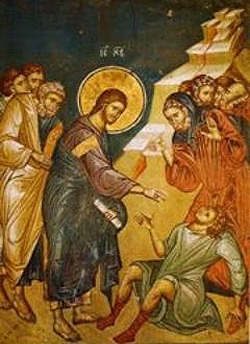
We receive every word that proceeds from the mouth of God with reverence, attending to its every tone and meaning. With what alarm, then, do we hear sentences like "How long must I endure this generation?" in our Gospel lesson (Mt 17:14-23). Something very great is at issue here. God does not make small talk. And our first question to ourselves must always be, "What is my part in this?" What God sees is a world turned upside down. Instead, of demons cringing before God's adopted sons and daughters, He beholds a world in which they slavishly obey demons — creatures of the elemental spirits who rule the world (Col 2:8) ... and the earth and fire and water and air. They reject their own birthright, and God, so that they might become slaves to elemental spirits once more (Gal 4:9). At the mere sight of Jesus, demons cringe and flee. In this, He models our proper role with respect to demons and the world, which they rule. In our Epistle lessons (1 Cor 4:9-16), St. Paul asks us to consider the differences between worldly people (honored) and Apostles (despised). We must never forget that seeking a place where the Kingdom of Heaven harmonizes with the world is a fool's errand .... and worse: the broad highway to Hell. Do the thoughts of our hearts reveal our own servitude to the elements that desire to rule us? Or do demons cringe as they behold in us souls that wholly belong to the Kingdom of Heaven?
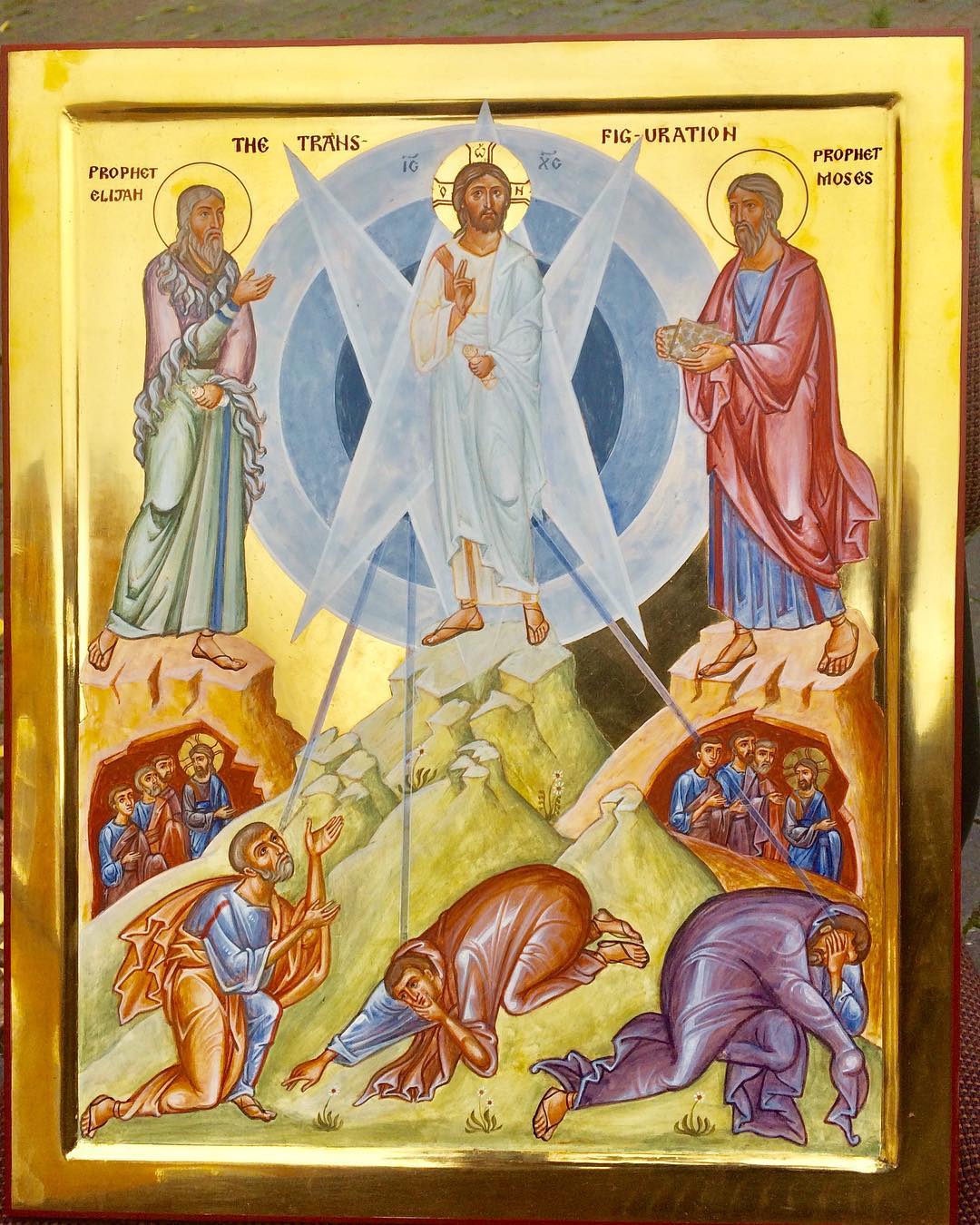
He sat them down at Banias, that most holy place of the pagan world, where the Grotto of Pan, the Temple to Augustus, and booths carved into the mountainside for lesser deities would form the backdrop. And He bade them focus themselves: see carefully and clearly. "Who do you say that I am?" He asked. Then, He took them to a high mountain where they would see Him plainly. Peter blurted out, "I will make booths!" thinking Jesus no more than a minor deity, perhaps a Moses, and was cut off in mid-sentence, rebuked by no less a speaker than God the Father: "This is my Son!" Did you know that in the end we will find what we are looking for? It will be our expectations and our desires which decide our destinations. God was before them all the time. But their stubborn expectations would rule their minds and their hearts. After His signature act of feeding His people in the wilderness with manna, He rebukes the Disciples again, "Do you still not understand?!" (Mk 8:21). And when the Power on that mount had ascended, "they saw no one but Jesus." Let this be our daily bread — that we see no one but Jesus, and Him God.
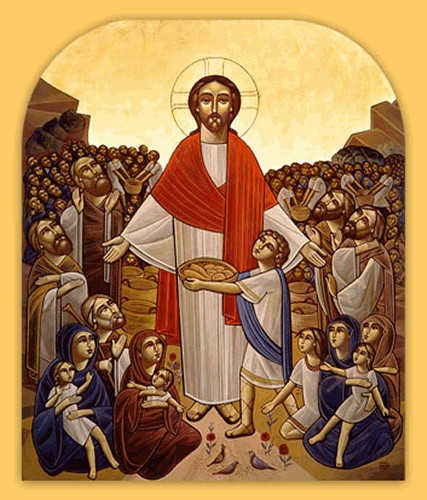
The Journey of Each and the Journey of All. "Send the people away!" the Disciples complain. After all, they believe they have God ... and they are right. They have Him in a sense that no one before or since has. Yet their spirit is one of division — that of the Deuce, the double, the deceiver, the divider. They have not made the deeper discovery: that God is able to make each of His children "the center of the universe" ... without cost to any other. He works this miracle of parenting — to make each son or daughter feel like the special one — on a stupendous scale, over all the earth, each one. Here is Christianity. Undeniably, our journey of theosis is highly personal, intimately suited to each one of us. Yet, we journey together. And in a greater miracle still, it is His working in the lives of the others that makes our own story shine the more radiantly, filling us with awe. Here is love: only addition, never subtraction, and poured out upon all without the slightest hint of acrimony or resentment. From everlasting to everlasting, Thou art God.
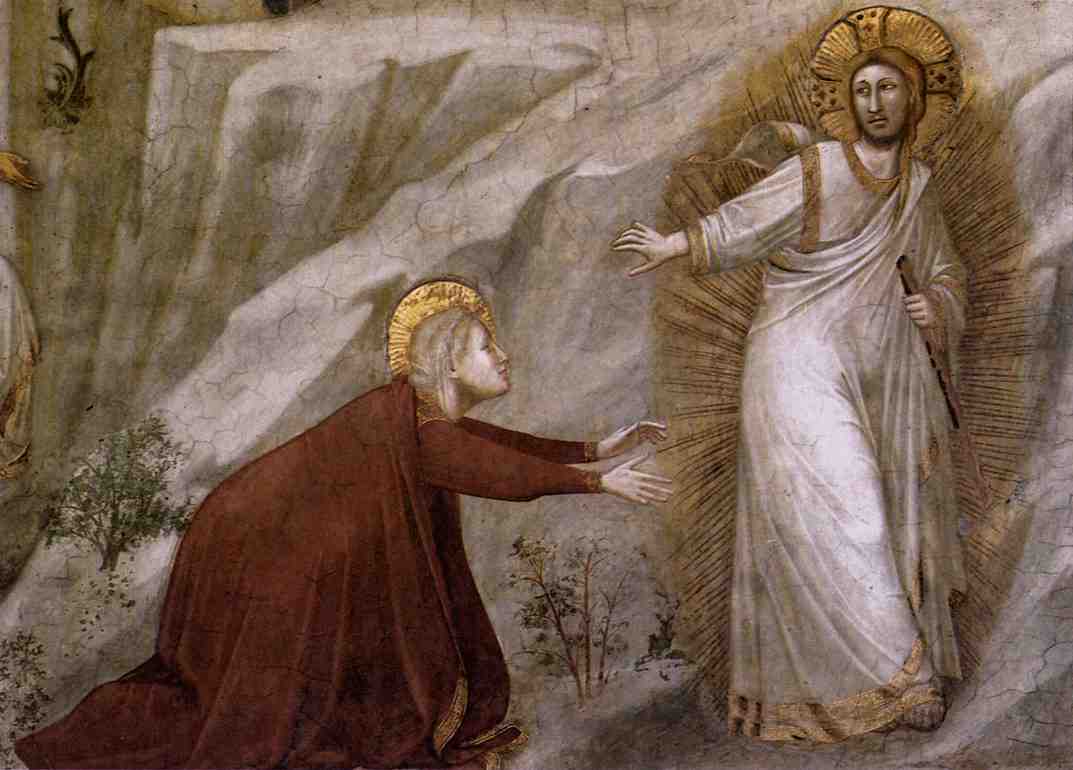
Equal to the Apostles? Well, at least that. We gladly affirm this teaching of the Holy Orthodox Catholic Church, therefore. Notice the careful structures in St. John the Theologian's account of this all-important scene in human history (John 20). Truly, we find ourselves in a place we do not know, unfamiliar, filled with possibility. No wonder we are not sure of ourselves. But that is what it is like to draw near to God.
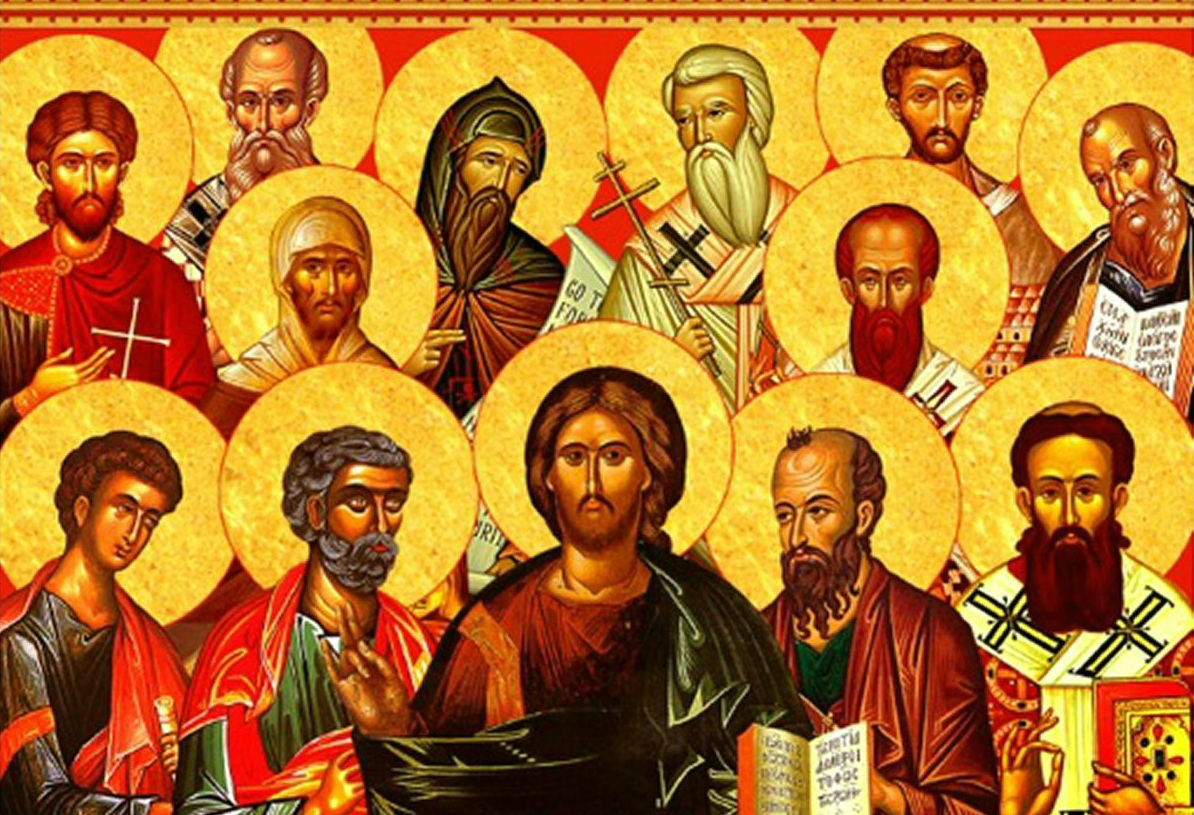
Fathers of the First Seven Ecumenical Councils. Which place in the Christian world never required missionaries, never had the faith explained to them by foreigners, never needed to be baptized or catechized or chrismated by visitors? The Holy Land, of course. The Holy Land was evangelized by the Evangelists and by their Master, all of whom were born there. Together, in this atmosphere of unity, the Undivided Church slowly understood what it meant for God to enter history as a human person. Today, we celebrate our ancient faith and those who have protected it against foreign invasion.
![]()
When our Lord accomplished the impossible feat of pouring His Divinity into the narrow confines of our broken humanity, a great Icon appeared among us. On the outside, matter ... human flesh, but on the inside, infinite Heaven, the Person of God, the Son. The Son of God radiates from the humble and mortal flesh of a human changing the entire human lifeworld across all ages. Is it really so hard to grasp that His Most Holy Mother may appear to us, that a fragrance of roses could be detected all round her form, or that tears of Heaven may flow from her Most Holy Image?
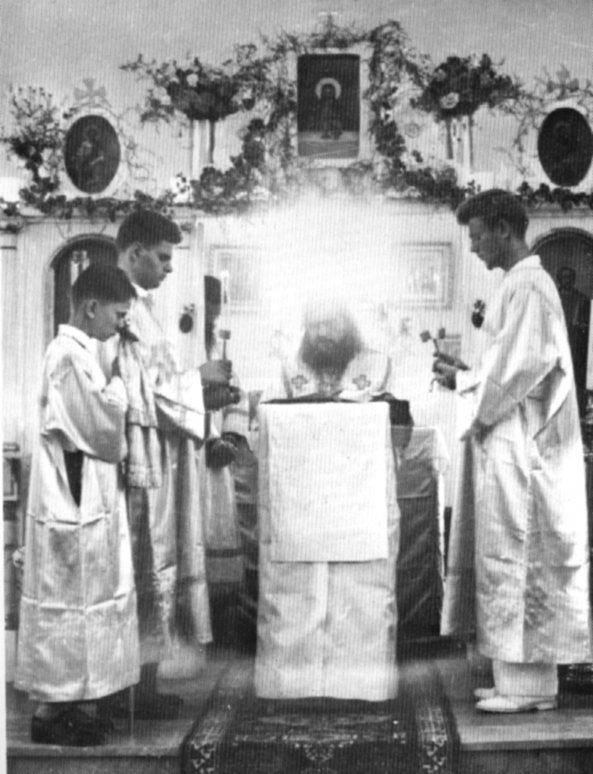
We love to quote the Church Fathers and read of the ancient saints in light ... as we ought, for they are the stars in our skies pointing the way to Fullness and Life in the Lord Jesus. But let us also hold dear the saints of our own time. The world they faced is the same one we face, and the choices they made will open our own way to be with them in the Kingdom.
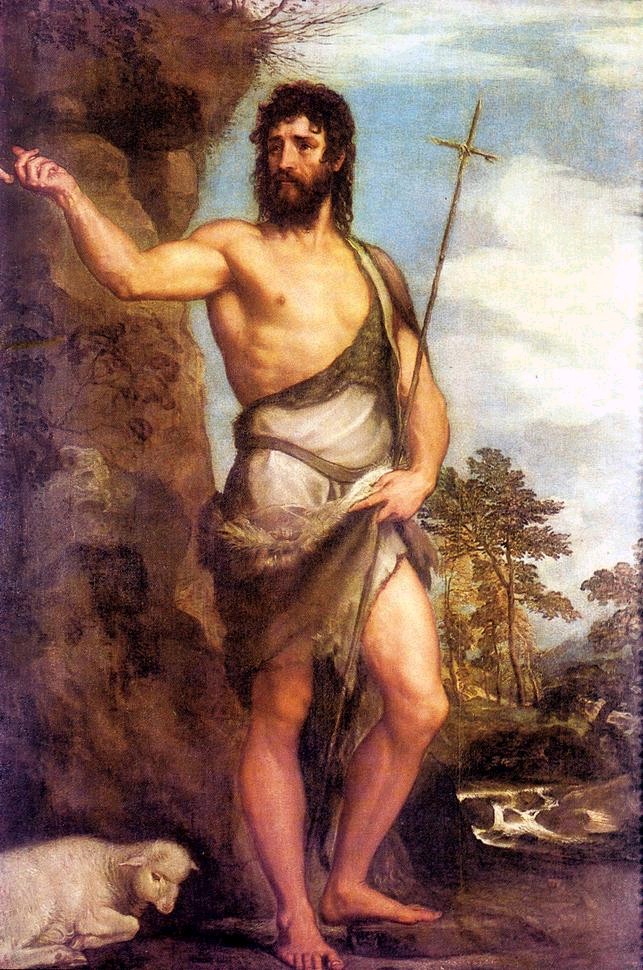
He hung on the Cross, the great Compass, which set direction for all humankind. The four Greek letters announcing the cardinal points of the compass spell "ADAM," for Eden was the good beginning: the place where God set His Image upon humans, the Image of the Son of God, upon humankind. Untarnished. Bright. The fullness of God. Eden. And now the man of Eden has appeared among the exiles of Paradise. No spot of corruption has touched him. The pristine scent of the morning of the world envelopes him. And he calls us to prepare. For the gates of Paradise soon will open.

The Son of God continues to be with us. He is Emanuel, God-with-us, and He has promised to be with us always, even until the end of the age (Mt 28:20). He beckons us to follow Him, to follow Him into divinity, into spiritual power, and into the fullness of life we see in Him. This is the life path of the Russian saints — to discard the claims of the world and its elemental powers, to suffer and to be bold in our suffering, to complete the essential process of theosis — diminishing our bodies while magnifying our souls, even unto an ascent which brings us to the glittering radiance of the Kingdom of Heaven.
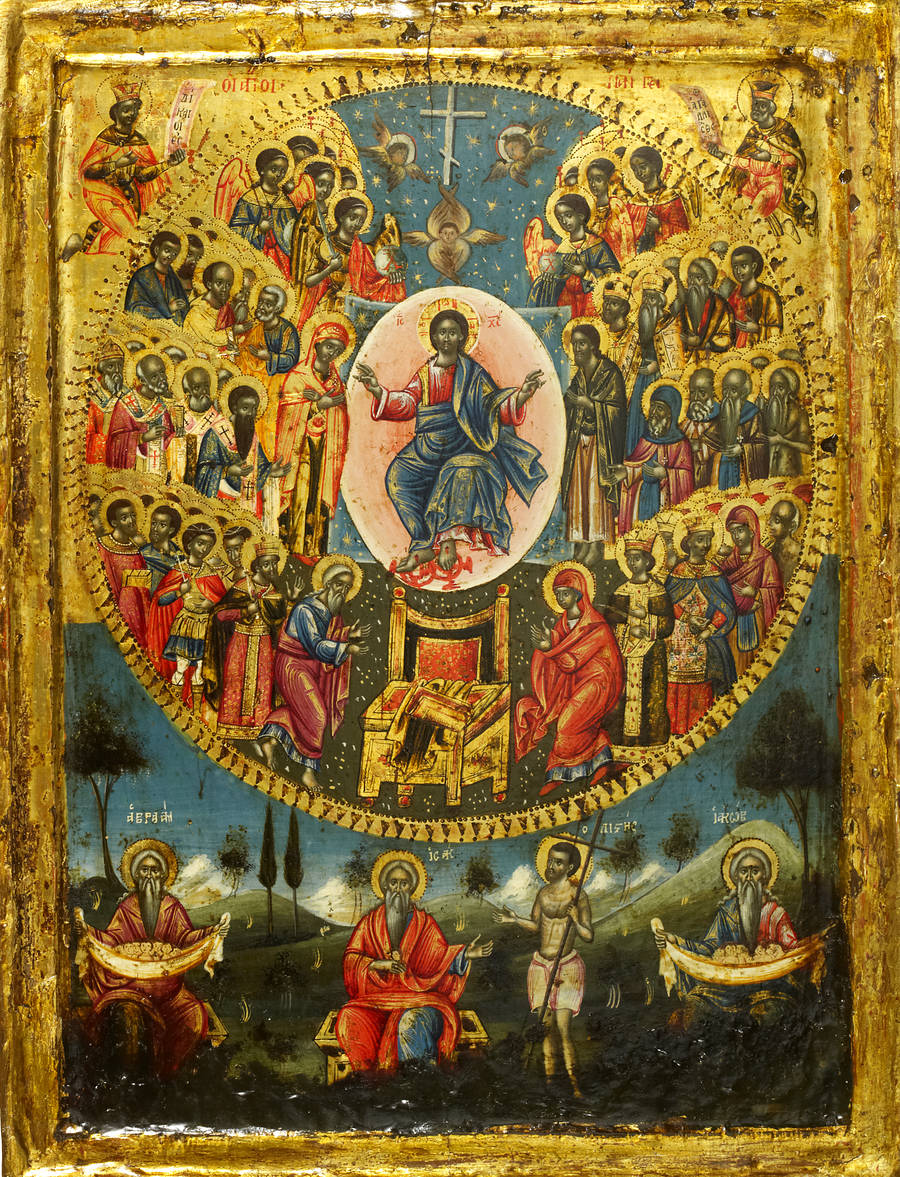
You enter the mysterious place. It begins to fill with incense. Bells sound from .... one knows not where. Chanting is heard wafting through the air it seems from all directions. Sacred ministers roam about in no certain direction. No one is seated. Geometry and logic seem to have been suspended. Even the boundaries separating this life and the greater life have collapsed. Soon the Beloved, the Master, will appear. He is now among us! We know that He loves all and each of us as we love Him. How did this happen? Where did He come from? We do not know. For a hidden place is concealed by the iconostasis, which seems no different than any other wall ... if you can call crowds of saints "a wall." For it is really an embrace, an endlessly deep embrace. And, then you remember the ancient phrase, "a great cloud of witnesses" ... and you begin to understand it even through the prism of the five senses.
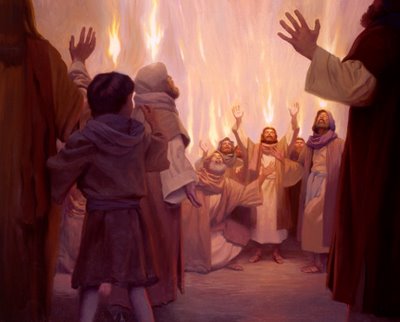
What love is this? What a mystery we have fallen into! A God Who mysteriously is One with us! A Person of the Trinity Who is fully human even as He is fully Divine! A Two which is One! But this One is also Three. Yet, a Three, Which is Nine, for each Person of God is fully present where any Person of God is present. Somehow, all these numbers add up to Love ... even a love that is lavished upon us as a Father loves His children. This is not religion ... not as the world ever has, or will ever, understand that term, but Love.
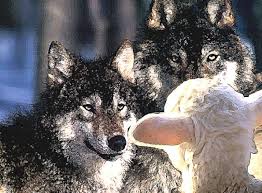
Just before His departure to Heaven, Jesus drew a deep line in the earth, a demarcation between the world on one side and His flock on the other and then declares that He does not pray for the world. St. Paul equates the world to wolves not sparing the flock. We look out our windows and see a wolfish world in our own time. What does it all mean?
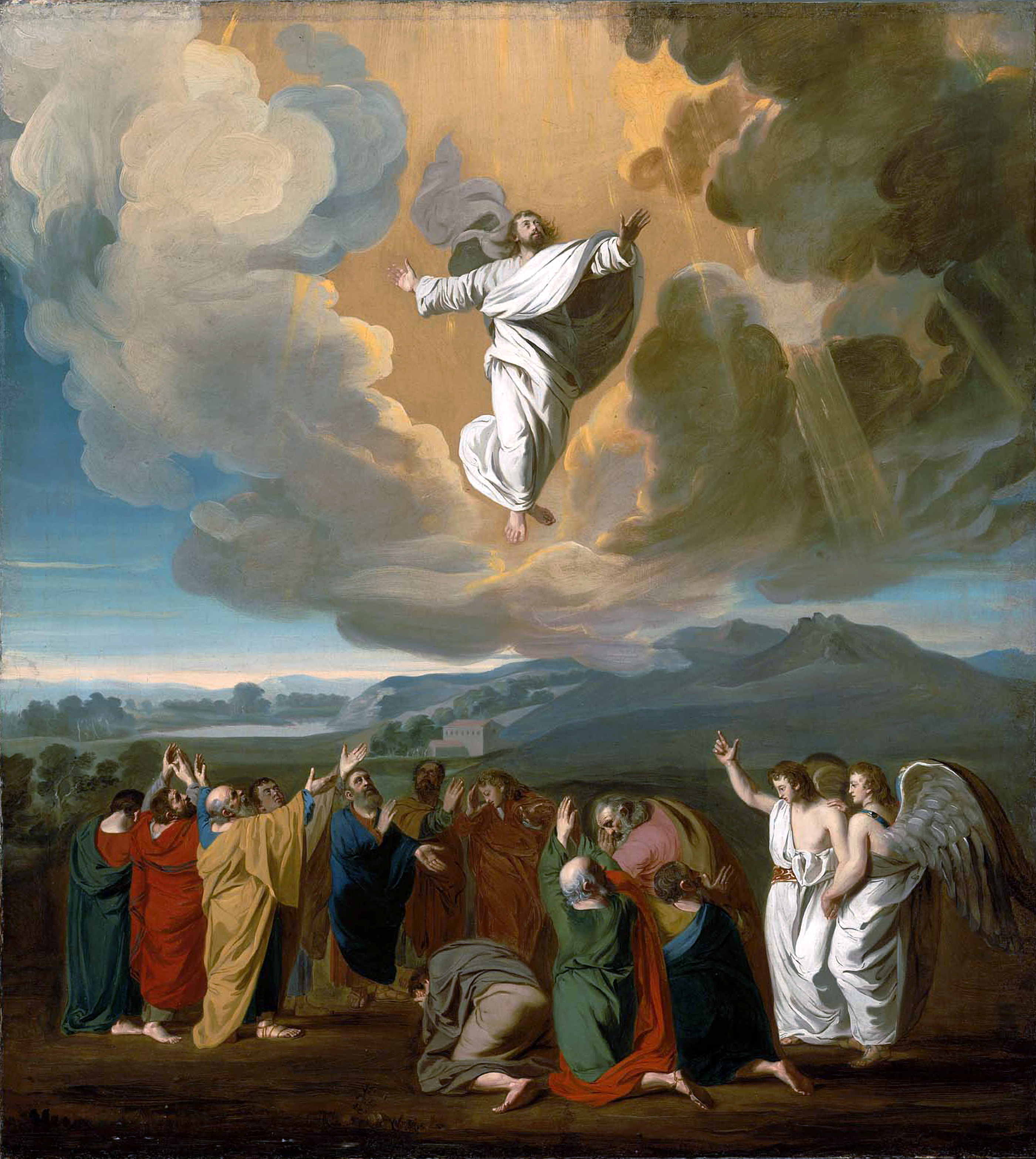
Where is Heaven? If we fly up above the clouds, will we find it? For thousands of years this was believed. Will the multiple dimensions described by physicists open a wormhole to it? The boundary between Heaven and earth is impassible ... yet, at the same time lies across the thinnest of boundaries according to God's will. Heaven is everywhere and at the same time a nowhere we shall never find if that is our choice. We must never forget: His Kingdom is not of this world, but rather in a gathering of true hearts whose dimensions are boundless and whose citizens are without number. All of this lies within our reach.
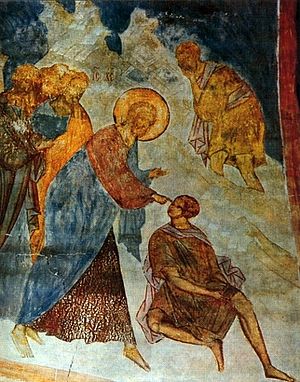
Man Born Blind. The ninth chapter of St. John's Gospel opens with a reflection on the deadly generational sin of spiritual blindness. To understand it aright, we must meditate on the chapter-long prologue on Fatherhood that leads up to it. Let us embrace this retreat, for God is our Father, and we are heirs to a sin committed by our common mother and father — not in-born evil, but a choice, and a choice we can refuse within the spheres of our own lives.
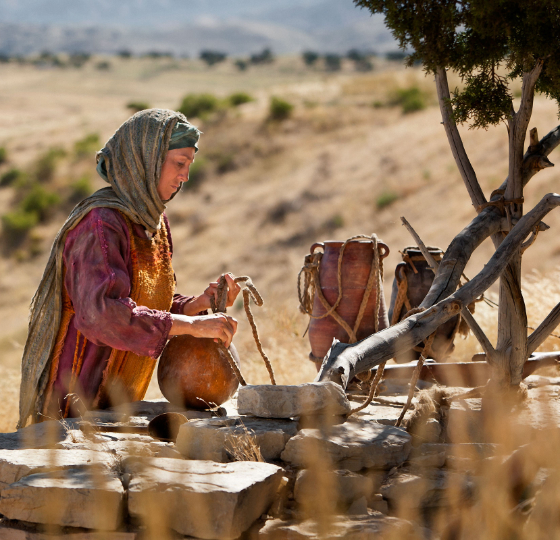
Roman Catholic friends have asked me to draw a clearer connection between the Woman at the Well and St. Photini, the Enlightened One. It is natural for RCs not to have heard of her. This passage from St. John's Gospel is used in Years A, B, and C of the Roman lectionary but always in penitential seasons, yet the Orthodox Catholic Church celebrates her remarkable life on the Fifth Sunday in Eastertide! Yes, we ought to meditate on our lives of clay, so fractured by our own brokenness. But the ancient Church asks us to go on from here and witness her inspiring conversion. She offers her contrite confession, receives the living waters of eternal life (among the promises of Christ), and then stands as a giant among Christian disciples becoming the first to evangelize the world with the Gospel of Jesus Christ. The Gospel takes note that by comparison, the Twelve said and did nothing. She goes into not any city, but into the former capital city of the Kingdom of Israel, addressing the remains of the Eleven Tribes. She preaches not just anywhere by in the shadow of Mount Gerazim, the site of the Northern Kingdom's Temple. By tradition, she was christened Photini (probably suggested by Jesus) and then converted her sisters (Ss. Anatole, Photo, Photis, Paraskeve, and Kyriake) and her sons (Photinos and Joseph). They journeyed as apostles all through the known world including Carthage and were martyred 66 A.D. under the persecutions of the Emperor Nero, only four years before the destruction of the entire Jewish life world in the Levant. St. Photini bears the title "Equal to the Apostles." Pray for us, St. Photini, for we seek to move beyond our cracked clay unto light and then still Greater Light.
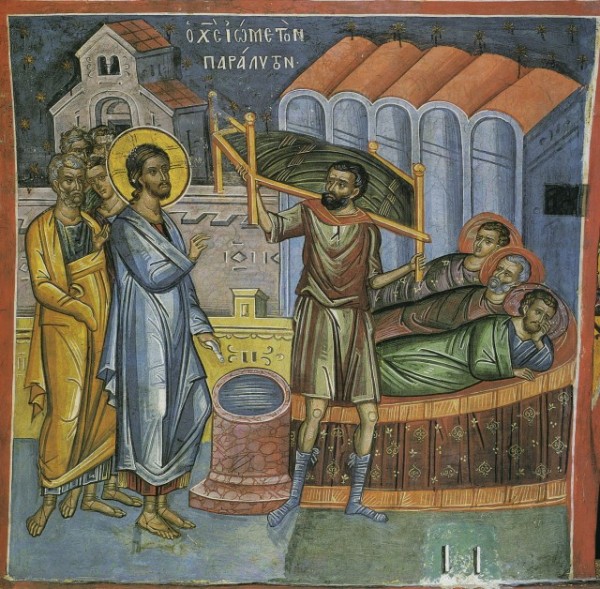
To be surrounded by absolute Goodness with its shafts of light penetrating the many cracks and chinks in our world, dazzling us, healing us ... and yet we are stubbornly fastened upon our poor material reality. Our poor material world with its brokenness and disease and disappointments — it is this fleeting and dying world, which God points us away from. He has sent His radiant angels. He has endowed our world with a luminous quality, which is Heaven's light. Let us be cleansed of this world, leave it behind, and turn our faces fully toward Him.

What is it that marks us as belonging to God? What might we look for in ourselves that reveals our transformation from indifferent mortality to godliness and immortal light and goodness? Might we isolate and cultivate certain divine virtues within ourselves? How can we mark our progress down the road to the Kingdom of Heaven?
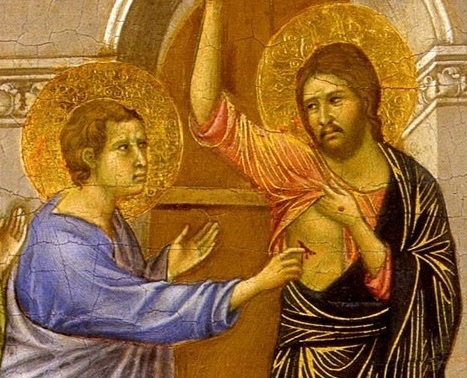
He stands between two worlds — the life of the mind and the life of the soul. He is two men — the man who has yet to be illuminated and the man who became most illuminated, seeing in Jesus the God no one had yet detected. He is the patron saint of both worlds — the unconverted Thomas, stuck in his own dogged skepticism, and the towering saint, who shows us the way to God. Here, at the end of Bright Week, the newly illuminated must now leave their mountaintop experiences and engage the world. They must take the clarity of the New Thomas and engage the world, which is full of Old Thomases.
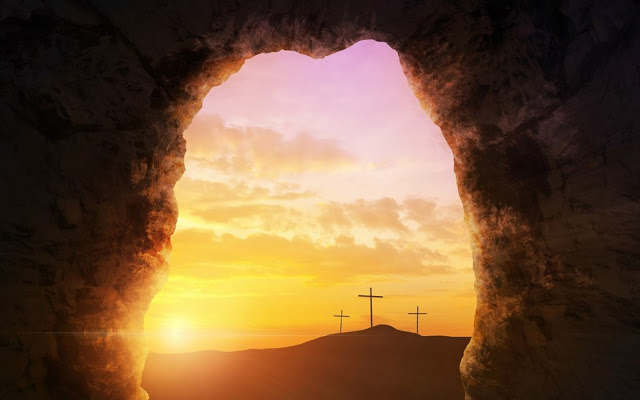
He is risen! He is risen! He has burst His three-day prison! And the tomb to which we have journeyed for so long turns out to be no tomb, but rather the brightest and most holy of all temples: the white temple of light and of Eternal Life. And Death no more shall have dominion ... so long as we cling to Him and the beautiful life He offers us, always offering us. Christos anesti! Chrystos voskrese! Christ is risen! We join Orthodox Catholic religious, clergy, and faithful all over the world in attending once more to the Paschal Homily of St. John Chrysostom.
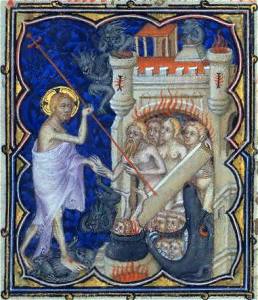
April 14, 2019 (Holy Calendar), Holy Saturday
"What?!" the Evil One exclaimed. "We are to receive the Prince, the Heir, this Jesus who pretends to purity and goodness! This is a bargain we make in an instant!" For in the end, he tells himself, he has triumphed. He was not able to obtain the Son in the wilderness following His earthly baptism, but in the end, he claims Him for his own. And receiving the ransom, the House of Death releases its claim on the other prisoners. And the Son of God enters ... shattering it with no more than the passing of His gracious feet upon that dark earth. For He is Life itself. He is the very Lord of Life, the Eternal Word, and the Instrument of Creation. He had created Lucifer always praying for this radiant angel's goodness. But that is past now. And the ancient doors of Hell in the depths of Good Saturday are blown off their hinges.
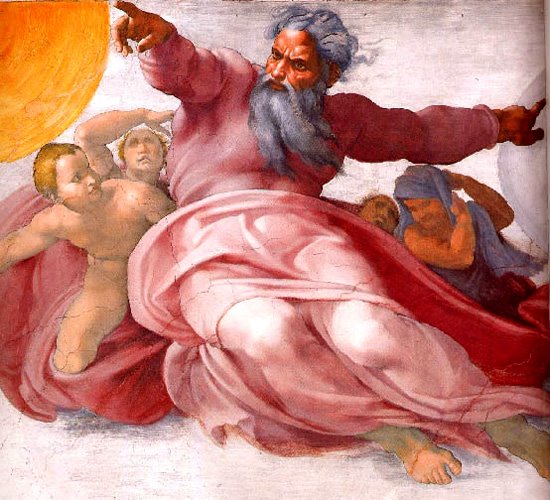
Billions of people have fixed their grieving stare upon a hill called Golgotha. They have drawn every kind of conclusion from it. But how many have been in raptured awe, as we are in the final moments of a cinematic masterpiece, to see the last touches God is placing on the greatest artistic masterwork that shall ever be displayed on the earth? Let us look at this through another lens, perhaps a prism to capture its mesmerizing richness and meaning. Be sure of this: we are in the presence of the Artist, and before our eyes, He is completing His greatest work — from foul human brokenness and selfishness, a beauty we can barely comprehend.
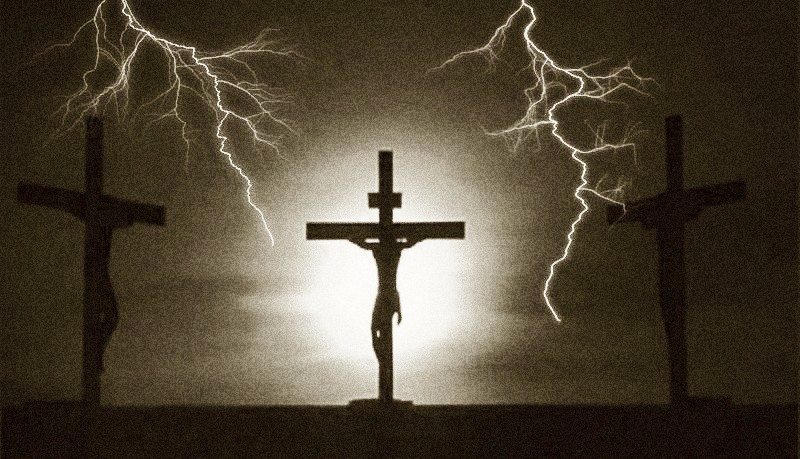
I have read that Jesus threw Himself down on the ground at Gethsemane in a selfish despair and dread. I have read that we see this same selfish despair displayed on the Cross. "Where is His faith now?" the cynic asks. "My God, My God, why hast Thou abandoned Me?"(!) But such people do not stop to think: With these words, Jesus is not voicing His despair. He is invoking a well-known prayer, just as any Jew would have intended the whole of their greatest prayer by saying one word: "Shema" ("Hear, Oh hear, Israel ..."). This holy prayer invoked by Jesus on the Cross is far from despairing. It is exactly the opposite: exultant, victorious, and sovereign. Which prophecy could be more unerring, exact, and all-encompassing than this one voiced by Jesus on the Cross? Let us hear His words again, for they will change our lives.
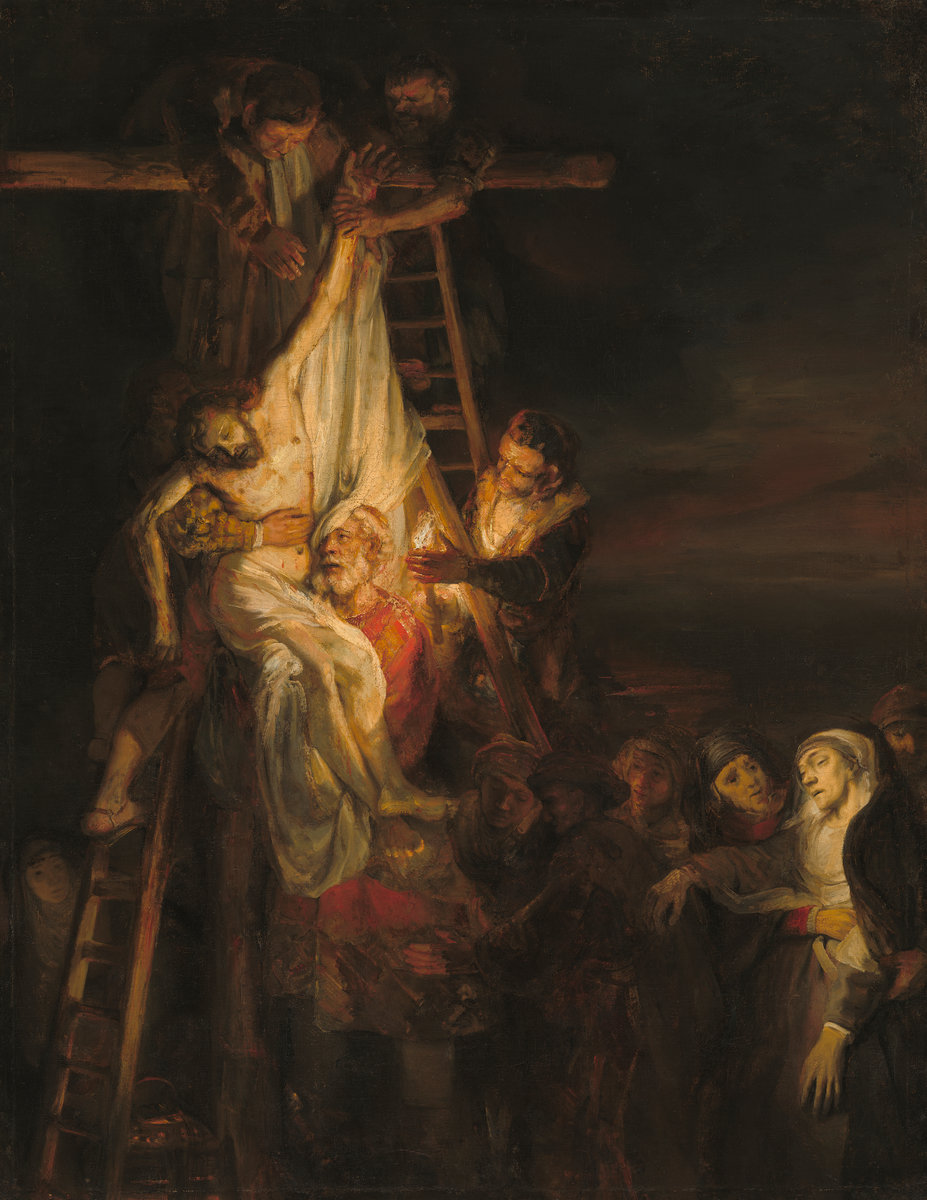
A mysterious road to be sure: to be asked by a stranger to embrace a Cross, the most hated symbol in the Jewish imagination — for Herod the Great in 4 B.C. crucifed 2,000 men in an afternoon and had their families slaughtered at the foot of each of these dying men. He asked them to give away all that they had and embrace a Cross. After that? Nothing that they expected. And finally they ran. They ran from this "mad man," his mother and brothers had said. And they left Him alone, leaving behind .... nothing. How could these circumstances possibly have led to the greatest movement in the history of humankind? As He hangs on His Cross, let us ask ourselves, "What Did They See?"
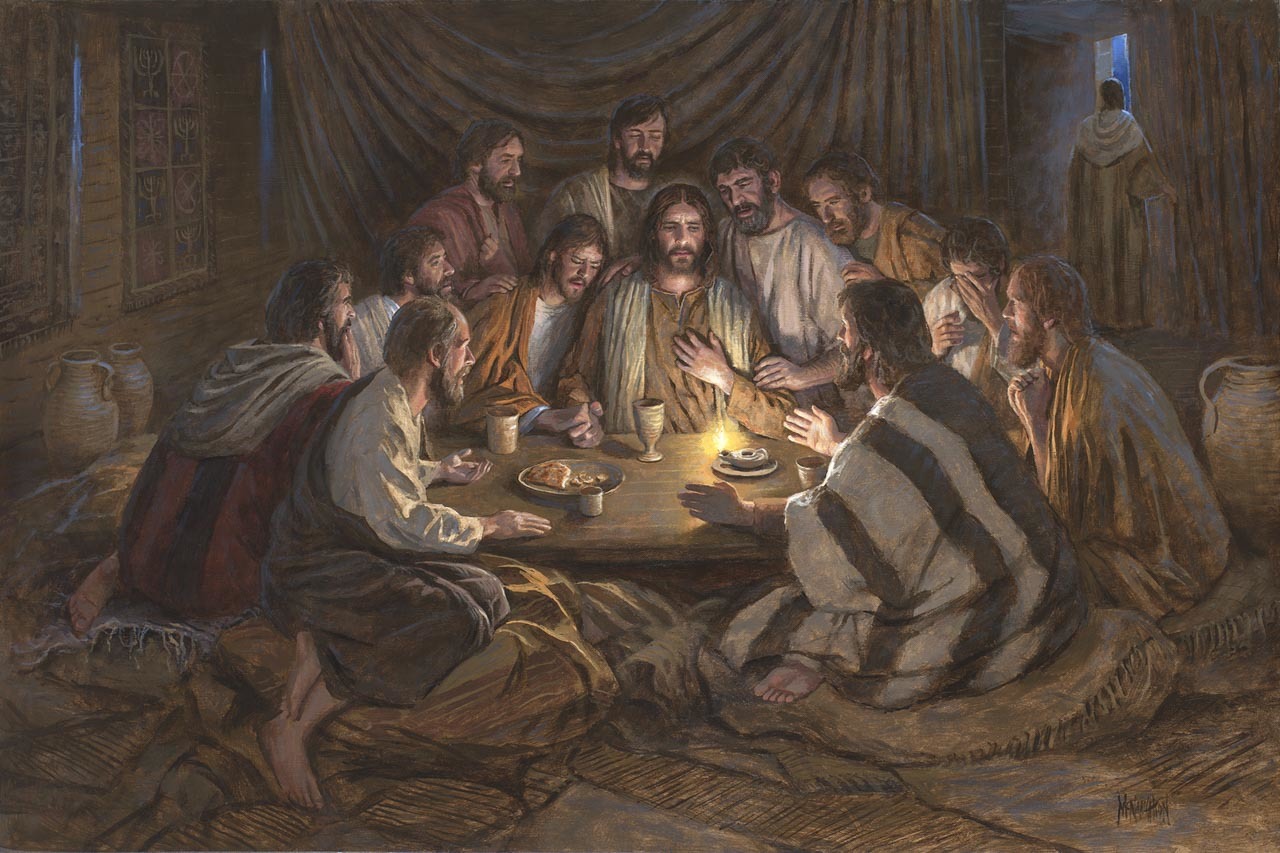
In His first earthly miracle, He turned water into wine gracing the gate of life, which marriage is. In His last, He turned wine into His own Blood unlocking the way into a mysterious Kingdom of Heaven. What is this mysterious journey we are on? He has told us many times .... if only we will have eyes to see Him and ears to hear Him.
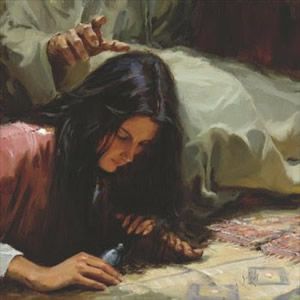
If you were ushered into the presence of the Most High, say atop Mount Sinai or beside a Burning Bush in the Midian wilderness, what would you do? Remove your shoes? At least! Which prostration would be humble enough? Which place would be low enough to press your forehead in reverence? Mary washes God's feet, not with a crude towel, but with the holy .... for what on earth is more holy than the human person, the only creature bearing His Image? Spikenard from India, virgin oil, and the silky hair of a maiden — all in an act of prostration and humility. For Lazarus and Mary and Martha had seen God, had been ushered into the presence of and friendship with God. God does not find a way to fit into their lives. Their lives have been reformed to suit Him, in adoration of Him. Is this not the ongoing tragedy of Palm Sunday, of a people whose God must fit in, Who must accommodate their desires and agendas and sins? Yet, God continues to seek those whose lives are filled with the fragrance of holiness. Receive Him into such homes, for these are the lives He seeks.

April 7, 2019 (Holy Calendar), Lazarus Saturday
Lazarus" — the name is a variant of Eleazar "Whom God has helped." But it is also related to "Lazar" — "one who is leprous," and we recall Lazarus the pariah who is covered with sores, ensconsed in the arms of Abraham. Whom does God help most particularly? The poor, the helpless, the stranger, the outcast. This, we must not forget in our season of fasting, is God's constant purpose for us: that we be entirely dependent upon Him. Those who are comfortable can all too easily slip into indifference and a dangerous sense of false security. You know the ancient Christian dictum, "Comfort the afflicted, afflict the comfortable. If we love someone, we must never let them drift from a greatest truth: we depend entirely upon God. We have no other security. He is our life .... and our eternal life. "To serve you is perfect freedom," we have prayed in the Western Rite. Servitude in God — this is our purest and most dependable freedom. May your meditations on Lazarus Saturday lead you to Abraham's Bosom. +Bless+
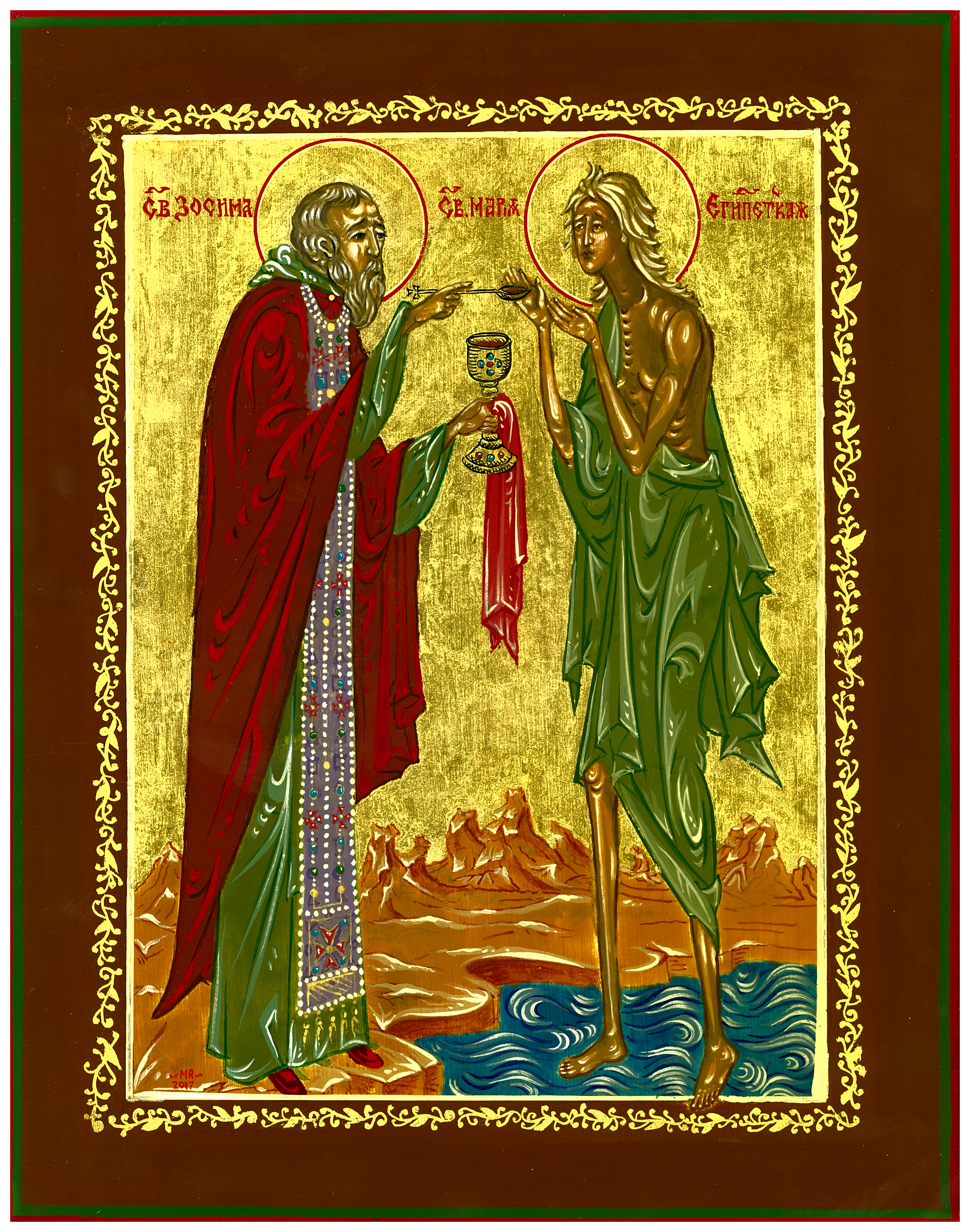
St. Mary of Egypt's Vita is the story of roughly half of our young women today (according to best U.S. studies) — plunging into sexual life early in high school, immersing themselves in a teenage world of recreational sex, graduating into "hook-up culture," and finally becoming so filled with toxins that they turn to alcohol and drugs to escape their own poisoned souls ... only to poison themselves further. A word they know very well is "hopeless." Yet, a greatest saint of the One Holy Catholic and Apostolic Church was just such a girl — not to be surpassed in personal degradation by any girl. She is the story of our greatest hope — theosis and seamless union with God ... beginning her journey from the depths of personal filth.
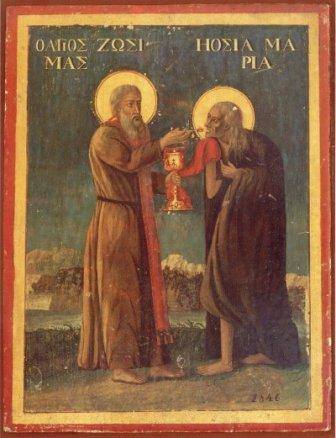
April 4, 2019 (Holy Calendar), Feast of St. Zosima of Palestine
St. Sophronius, 7th c. Patriarch of Jerusalem, records the oral tradition of this hieromonk, excelling all others, as the only human to have encountered St. Mary of Egypt in the trans-Jordan wilderness. Zosima, by his own report, was taken from his mother's breast and then handed over to a monastery to begin his pursuit of holy life and later extreme ascetical disciplines. He believed he had reached the heights of spiritual mastery by middle age .... until he met St. Mary of Egypt, who had taken a very different road, pursuing worldly "disciplines" to a point of extreme degradation and self-destructiveness. Yet, Zosima saw, she had reached the true fulfillment of theosis, far beyond his own attainments. Is this not the Christian life — soiled by the world, leaching out its toxins, striving like Zosima for spiritual fulfillment, and liberated by the thought of Mary of Egypt, who did not let her past define her future? Pray for us, O St. Zosima, that we may follow you in following St. Mary of Egypt! He would live to be one hundred continuing his pursuit of this desert mother.
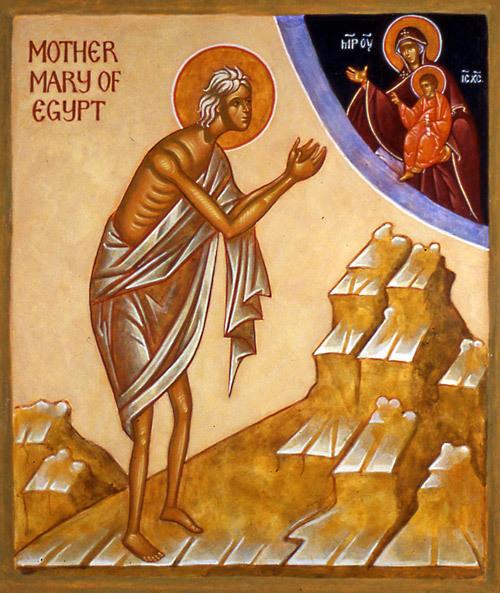
The ancients did not speak of wormholes connecting multiple dimensions of space and time. They came to this truth using a different calculus: spiritual insight. Today, we enter a wormhole between two different places which seem to be separated by 16 centuries ... only to discover timeless truths and exact similarities. And we are granted a most important insight: our own journey, our own pilgrimage is not just a tradition nor an imitation. It is a royal road really and truly walked with the Holy Ones and overseen by real and true patrons & guardians, such as the Lord Jesus Christ and His Most Holy Mother .... if only we will pray to them, open our hearts to them, and seek out their protection and guidance. They await us and especially our broken-open hearts.
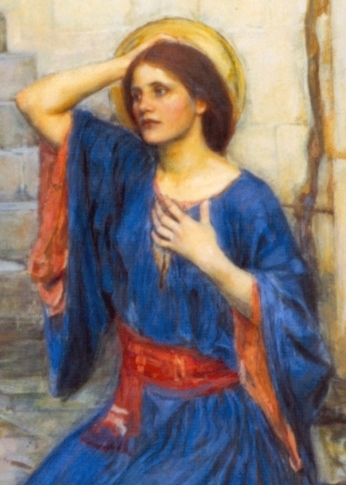
We begin with perfection. Who has not seen the newborn: pure, innocent, reaching out to a world — to adore and be adored? Then, God surrounds us with His love and places all around us the Angels and the Holy Ones who share this divine property, a divine faculty set within us from birth. Over time, we learn that pure love is Heavenly and that worldly love is not. The only real love we bear for each other is Heaven's love — an essence of the Two Great Commandments. Behold the journey of the Most Holy Theotokos and contemplate it as we continue our own journey toward a tomb. It is Week Four and graces await us ... as we understand why we set out for a tomb in the first place.
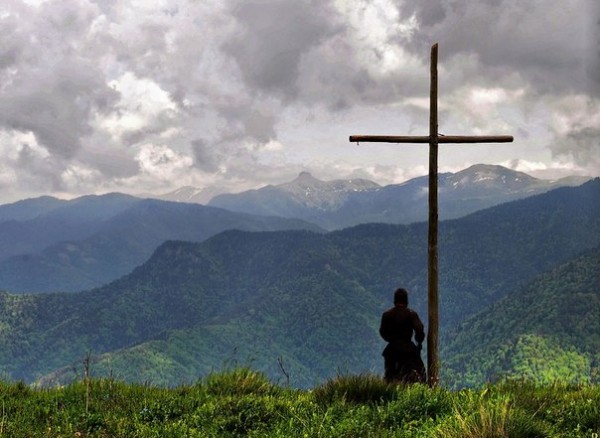
Out on the road of our Lenten journey, we are stripped of the comforts of our worldly lives. We sleep on the ground, eat what food we carry in our packs, and ponder. What were those comforts in the first place? Enough to separate us from God, to cheat us from the intimacy we have come to know out here in a wilderness with Him? Then one night by the campfire an angel appears. He is magnificent, imposing, mysterious. His message is simple: which language will you choose — the rationalist language of the gritty (and failed) world or the gracious speech of angels? It cannot be both, for one causes the other to vanish.
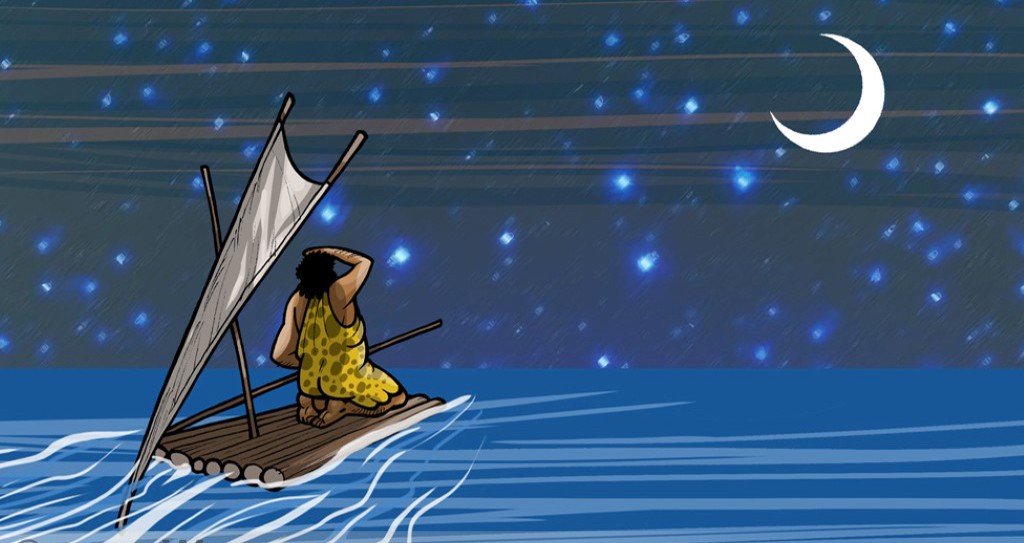
Eight hundred years ago Polynesian navigators set out in small boats to pinpoint a small island thousands of miles away. Only the truest course would hit it. And only Heaven's stars could guide them as they struggled against the drift of life and the powerful currents of their own inner weaknesses. We too are bound for an island, a tiny island Jesus tells us (Mt 7:14), and we must not drift! Staying on course will not be easy, for the world pulls on us into its currents ... even claims that seem innocent enough. Yet, no claim is pure or good if it causes us to veer from our course.
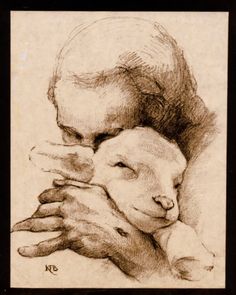
The separation of the goats from the sheep is no simple symmetry. First, along the path of life it is very difficult to know who is a sheep and who is goat ... even whether we are sheep or goats. It is not a simple crossroads but rather a flood of choices confronting us constantly, which are always shaping us and determining us. Similarly, the path to Heaven is neither obvious nor clear. There is no "Matthew 25 deal": feed and clothe the poor and then go to Heaven. For to believe this is to render the Church as no more than a service agency and devout religious as no more than service providers. Few errors have led to more grief ... or goatishness than this one has. Here in Lent, our goal is clarity, and our destination is God. Yes, we feed and clothe the poor — a sign of the Kingdom of Heaven — but God is our life, God is our every thought, and God is what we are bound mysteriously to be. Or why would we tread this road at all? Or why were we born into the world, so clearly and obviously a white and wooly lamb of innocence?

As you look up and down the streets wherever you go, you will find evidences of the gods of this age, the Age of Materialism, the age committed to a world composed only of matter. It does not seem to worry people that all of these material things are decomposing every single minute or that they must dust at home to brush away the irreducible particles of yesteryear's decomposing things. What brought about this Age of Materialism? Well, the entire Western lifeworld made a great U-turn beginning in the sixteenth century and completing it in the nineteenth. THIS is the certificate of soundness and sanity that many hang over their lives. But were you aware that down in the engine room alarms have been sounding for more than a century? Yes, and the good ship "Material World" is going down. Please do not be sucked into its vortex as its hulking mass pierces the surface of the mysterious sea and vanishes.
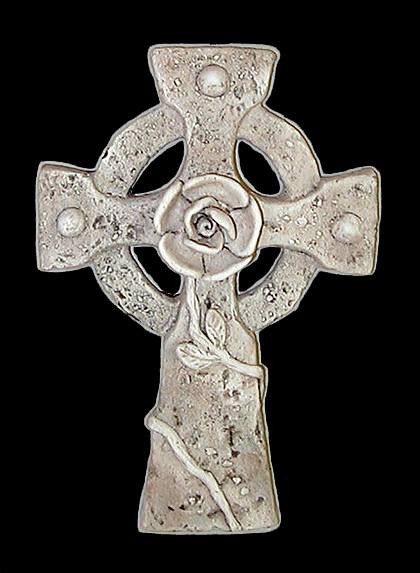
February 26, 2019 (Holy Calendar), Clean Monday
The Hermitage has been received into the Orthodox Church by the grace of God and the charity and humility of the Russian Orthodox Church Outside Russia. I say "humility," for they humble themselves before the world to call us "friend." I have read the history of the Russian Church. It is "Westernism" — the empiricist revolution, the scientific revolution, the industrial revolution, and secularism — that has given rise to the idolatry of materialism and the near destruction of the Russian Church. God is spirit. The soul is a spiritual organ. Our only abiding reality is founded upon these two: God and soul. Yet these words are banished from "serious" intellectual conversation in a world where materialism's tyranny rolls on like a cruel juggernaut, crushing all in its path. In her humility, the ROCOR has granted approval of our Orthodox Western heritage, which points back to the Celts (Galatians -> Galatae -> "Gaul" -> Gaels) who were evangelized by St. Paul and who migrated into Western Ireland and Scotland, bringing the Apostolic ministry and descent of St. Andrew with them from their Black Sea origins. Our saints Columba, Brendan, Declan, and Finan resisted the Roman culture pressing in from the East as the Russian Church magnificently resists the toxic cultural influences that have destroyed much of Western Christianity, inspiring us at the Hermitage to feelings of gratitude, devotion, and loyalty. We, therefore, continue with Septuagesima, Sexagesima, Quinquegesima, and Quadragesima (Lent Proper) AND observe the Orthodox Fast of Clean Monday and the customs of Orthodox Great Lent. We will impose ashes on Ash Wednesday and continue with our particular customs WITHIN the strength and depth and protection of Holy Rus. We are Christians. We seek, not the comfortable and familiar, but the original, the right, the good, and the pure. This is Orthodoxy's gift to elderly hermits who now enter their final years, living the life of the soul, seeking union with God.
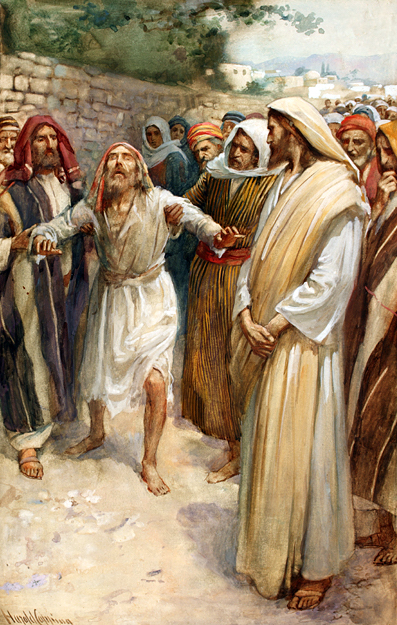
How is it that our most abundantly offered prayer is never offered by the Disciples to Jesus? How can it be that only two people on the earth offered this prayer to Jesus, which is our echoing song to Heaven and the kernel of all our meditations? How can it be that these two were outcasts and people of (less than) no account? We are reminded that in the Old Testament, God reveals his identity to a stuttering shepherd. Now, no one in the ancient world was lower than a shepherd, ... and one who stutters, an outcast among them. In this we begin to approach the genius of this prayer — for it captures not only God in His most direct Presence among us, but also the human condition in its spiritual and psychological complexity. We cannot continue our Lenten journey without stopping here, for here is where God had bade us stop.
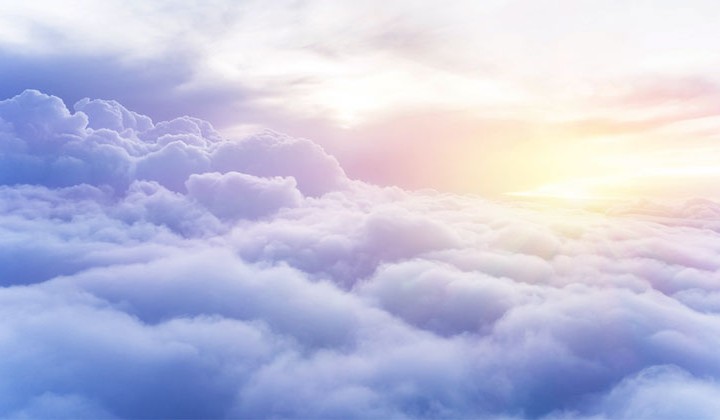
We have journeyed for a week now toward the door of a tomb. The nights can be cold and dark. At times through our spiritual journey, we know not which way to turn, whether to the left or the right. Everything depends on the one who leads us. For if he fail, then only disaster will follow ... for all of us. So many paths can open before us. Which do we take? That is constantly the great question as we journey toward union with God.
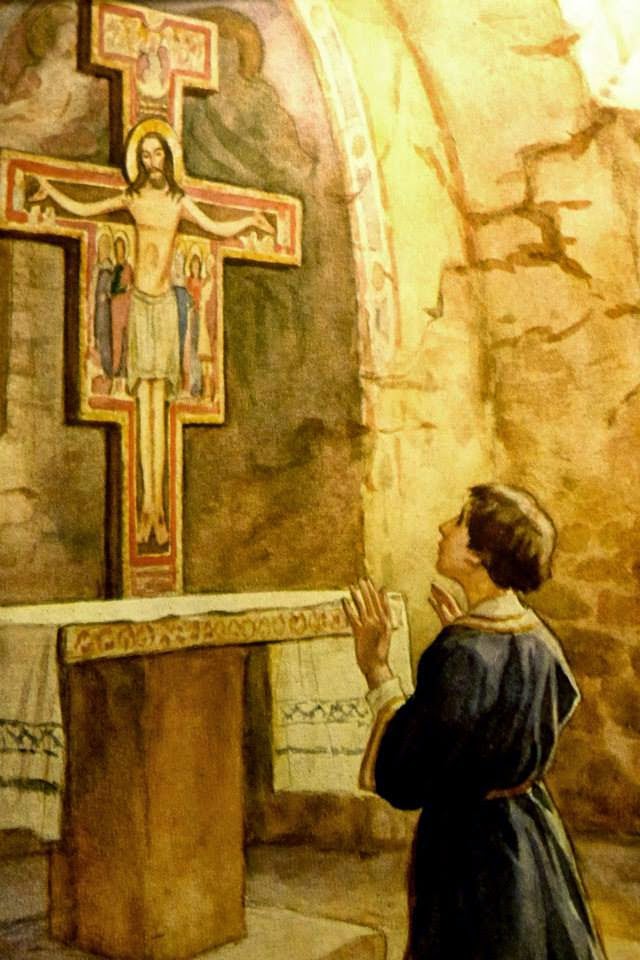
We elderly hermits put on purple and begin once more our trek to the door of a tomb. Year after year, round and round, yet up (we pray) an ascending staircase, for that circular and upward path is our heritage and royal birthright. Alas, that same staircase also descends — same path but wrong direction. And its boundaries are marked not only in years but also in millennia. We are living through a very great moment, we who are now alive to see it. Our ancestors look on from the Greater Life, but we who are now alive are in it. It is the sublime — like earthquakes and volcanoes and tornados — a creative force that might tear our personal worlds apart .... yet does it create, yet is it under the Hand of all Goodness. We are in it, and we are called by our Most Holy God to respond. The members of the Hermitage have offered rigorous oblations to God in Roman Catholic Church, together for more than a century and a half. We have followed Francis of Assisi into a life of poverty, chastity, and obedience living a distinctively Gospel life and founding ministries along the way — some very great and some very small. And now we have followed the Seraphic Father to a goal that was most dear to Him — to the door (and beyond) of the ancient Church.
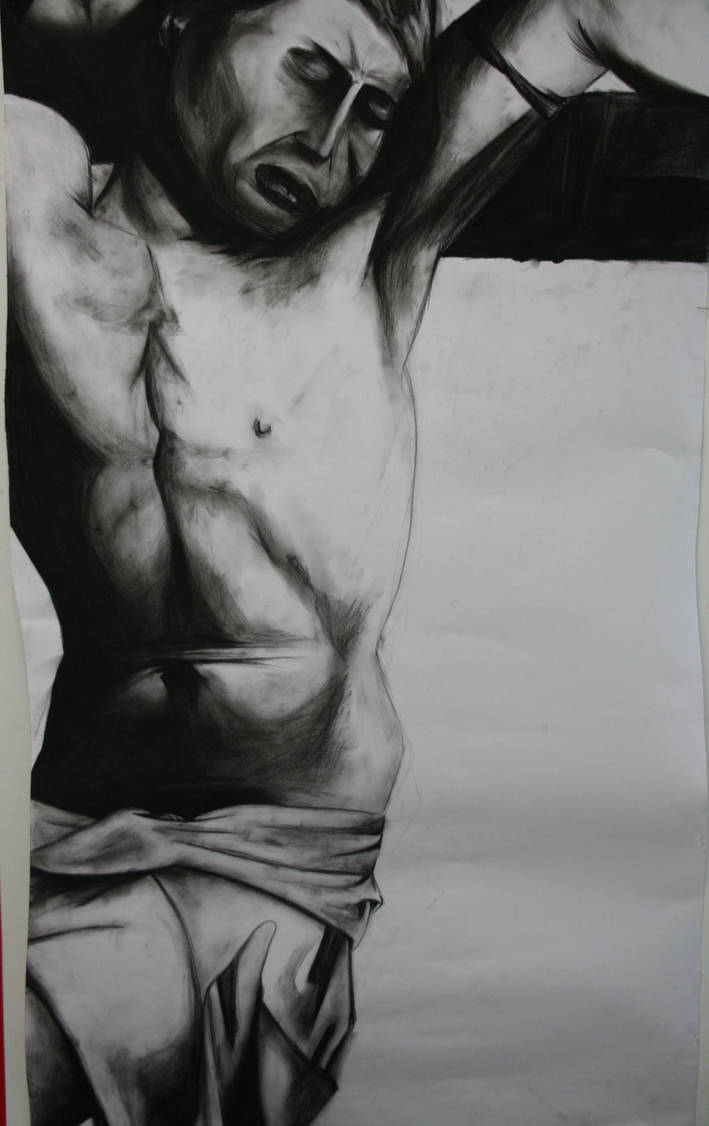
Ask any scientific researcher: If your mental picture of the territory ahead is flawed, you will fail. Ask any hiker: If you choose just one wrong trail at any crossroads, then you will become hopelessly lost. Ask any holy man or woman: If you do not understand the ways of God, then you will lose your way .... and perhaps your soul. Thanks be to God, He has revealed His ways. Yet, for the past two generations, alternatives have been proposed. We are to see God as the white-bearded grandfather who just wants everyone to be happy (C.S. Lewis). We are to see His Son as a most sympathetic friend, who will "have our backs" no matter how sordid our lives may be. God is our Father. Yes, He will love us, but He cannot bless us if we stray from His ways. His Son is our stern oldest brother, who is able to cut us to the quick with His flinty rebukes. Sadly, whole communions are collapsing before our eyes as the bishops and priests of these communions have consented to a rose-colored picture and a false theology — unconditional love to the end no matter what we do or say, no matter how unrepentant the state of our hearts. Have we forgotten the impenitent thief so quickly? Shall whole communions fall over so basic an error? Yet, the foundation of our faith is very rosy: we are made to be perfect and perfectly good at our birth. Look at any boy and girl born into the world. They are loving and perfectly at ease with their Guardian Angel and with the Holy Spirit who together guard them. All they need to do is .... nothing. Just love God and hold to His holy ways.
